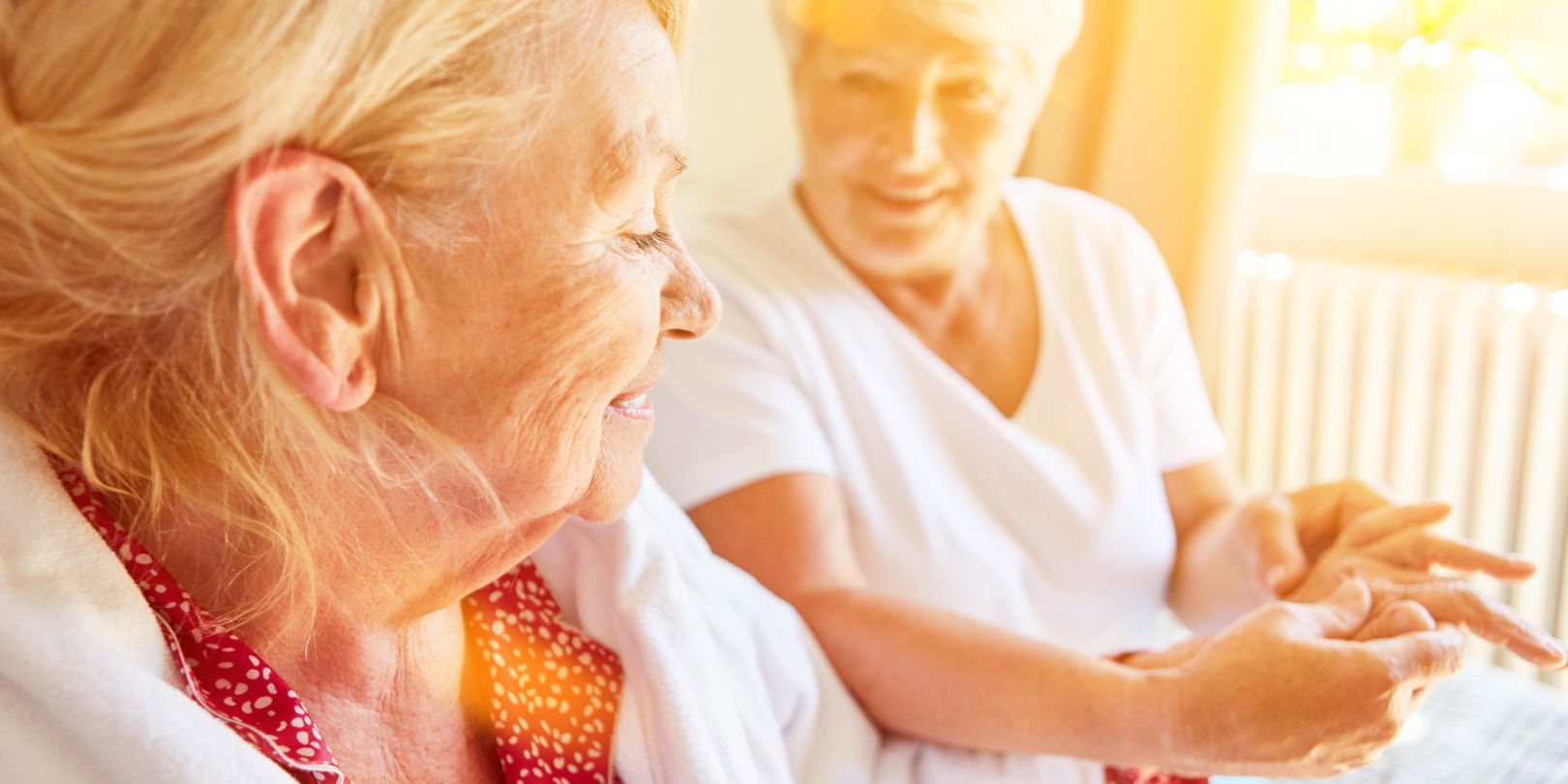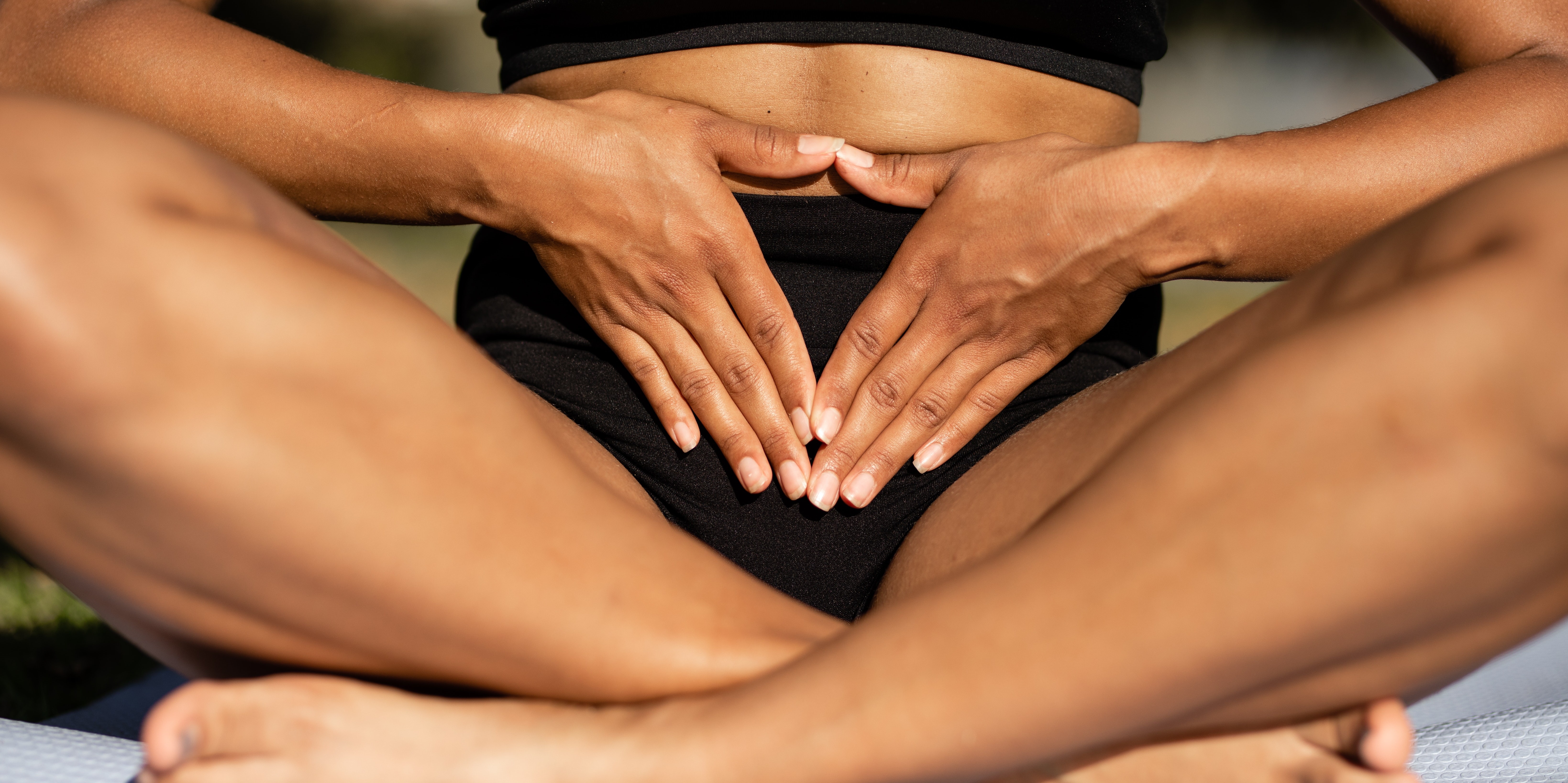Acupressure for Optimal Pelvic Health - Remote Course
Acupressure for Optimal Pelvic Health - Remote Course
| Price: $450 Experience Level: Beginner Contact Hours: 12.5 |
Over the last several decades there has been a rising interest in complementary holistic medicine and Acupressure has come forth as an effective therapeutic modality for symptom management in Western healthcare. Acupressure is an Eastern treatment modality that combines massage and features of acupuncture dating almost 3000 years ago1. It’s a technique used to release blocked Qi by applying finger pressure to points on meridians2. It is considered a form of acupuncture in which fingers, thumbs, and elbows are used to stimulate the body’s acupuncture points3. It has also been described as a form of bodywork based on traditional Chinese meridian theory in which acupuncture points are pressed to stimulate the flow of energy or Qi4
Acupressure is widely considered to be a noninvasive, low cost, and efficient complementary alternative medical approach to alleviate pain. The application of pressure to points located along the energy meridians of the body have been established and utilized in Traditional Chinese Medicine6. These acupoints are thought to exert certain psychologic, neurologic, and immunologic effects to balance optimum physiologic and psychologic functions6
This continuing education course is a two-day seminar that offers participants an evidence-based perspective on the application of Acupressure for evaluating and treating a host of pelvic health conditions including bowel, bladder and pelvic pain issues. The course explores a brief history of Acupressure, its roots in Acupuncture and Traditional Chinese Medicine (TCM) and presents current evidence that supports the use of complementary and alternative medicine as an adjunct to western medicine. TCM concepts of Meridian theory and energy channels are presented with scientific evidence of Acupoints transmitting energy through interstitial connective tissue with potentially powerful integrative applications through multiple systems.
Lectures will present evidence on use of potent Acupressure points and combinations of points for treating a variety of pelvic health conditions including chronic pelvic pain, dysmenorrhea, constipation, digestive disturbances and urinary dysfunctions to name a few. Key acupoints for decreasing anxiety, stress and bringing the body back to a state of physiological balance are integrated throughout the course.
Participants will be instructed through live lecture and demonstrations on the anatomic location and mapping of acupressure points along five major meridians including the spleen, stomach, kidney, urinary bladder and gall bladder meridians. Key associated points in the pericardium, large intestine, small intestine, lung and liver meridians as well as the governing and conception vessels will also be introduced. The course offers a brief introduction to Yin yoga and explores Yin poses within each meridian to channelize energy through neurodynamic pathways to promote healing across multiple systems. Participants will learn how to create home programs and exercise sequences and will be able to integrate acupressure and Yin yoga into their orthopedic and pelvic health interventions.
Prerequisites
It is recommended that the participants have a working knowledge of the functional anatomy of pelvic floor muscles as well as various associated pelvic health conditions. Pelvic Floor 1 through Herman & Wallace or Pelvic PT 1 through the APTA is strongly recommended.
Pre-Course Learning Requirements
10-14 days before the course, participants will receive an invite to join Teachable, an online learning platform. In Teachable, registrants will find video lectures, other pre-course learning materials, course manual files, mandatory liability waiver, and URLs for any Zoom meetings. We require registrants to complete teachable components in sequential order. Videos lectures are required and must be completed in-full before proceeding to the next Teachable section. At the conclusion of the course, registrants can access their post-test and course evaluation form to provide our curriculum team feedback on their experience, as well as download their certificate of completion - all via Teachable
Audience
This continuing education seminar is targeted to physical therapists, physical therapist assistants and other rehabilitation professionals who use manual therapy as a treatment modality. Knowledge of acupressure points with specific anatomical landmarks will enable clinicians to add to their toolbox skills for treating a variety of pelvic health conditions related to the bowel, bladder and treatment of pelvic pain.
Special Considerations and Lab materials
The labs for this course will involve external whole-body palpation and mapping of acupressure points. Please wear fitted t-shirt and leggings or yoga pants for acupressure point mapping. Participants should buy a pack of 1 inch diameter white circle stickers to be used in Labs for mapping acupressure points.
Participants are encouraged to use a Yoga mat if available and any other props they may have at home including yoga blocks, small blankets, towels and pillows to be used in the guided Yin Yoga Lab portion of the course.
Recommended Readings
It is recommended that participants purchase an Acupressure Point Chart for ease of following the course work and labs in this course. Since the accuracy of points and content may vary on different charts, it is recommended to buy a copy at https://acupressure.com/products/acupressure-charts/
References
1. Longhurst, JC. Defining Meridians: A Modern Basis of Understanding. J Acupuncture and Meridian Studies. 3 (2) 2010 67-74
2. Jonas WB. Mosby’s dictionary of complementary and alternative medicine. St. Louis, MO: Elsevier Mosby, 2005.
3. Kayne SB. Complementary therapies for pharmacists. London, UK: Pharmaceutical Press, 2002.
4. Yuan C-S, Bieber EJ, Bauer BA. Textbook of complementary and alternative medicine, 2nd ed. London, UK: Informa UK, 2006
5. Jason Jishun Hao, Michele Mittelman Glob Adv Health Med. 2014 Jul; 3(4): Acupuncture: Past, Present, and Future
6. E. Monson, D. Arney, B. Benham, R. Bird, E. Elias, K. Linden, D. Waggy. Beyond pills: acupressure impact on self-rated pain and anxiety scores, J. Alternative Compl. Med. 25 (5) (2019) 517–52
Upon completion of this program, participants will be able to:
- Understand the anatomy and location of acupressure points individually and as part of the meridian channels and how these points affect the normal functioning of bowel, bladder and common pelvic health conditions. Participants will be able to understand the role of fascial and connective tissue network and the role of acupressure in neuromodulation of pelvic girdle musculature for optimal pelvic health.
- Recognize which acupoints can be helpful for anxiety, improving respiration mechanics and normalizing bowel and bladder function
- Assess and treat the hip and pelvic girdle utilizing specific acupressure pressure points
- Understand the Spleen, Stomach, Kidney and Bladder meridians and how opening these channels can help the flow of “qi” or the life-energy in the body to improve the functioning of the organs and abdominal, hip and pelvic girdle muscles
- Understand the concept of regional interdependence and connections between the bowel, bladder, abdominal, hip and pelvic floor muscles and use acupressure to normalize dysfunction across multiple systems
- Learn specific acupressure self-treatment programs that improve overall stress levels, bring calm and relaxation and downregulate the nervous system
- Develop an understanding of the basic principles of Yin Yoga and be able to sequence exercise progressions for stimulating acupressure points along specific meridian channels in the clinic and in-home programs
- Learn to integrate acupressure and Yin Yoga into traditional physical therapy with a hand-on approach and promote overall wellbeing of our patients
"This was an excellent course! I believe I was able to grasp more than what I expected from the course material. Dr. Rachna Mehta's experience, mode of teaching, and patience with answering questions made this a great experience. I look forward to returning to work and applying some of the skills learned over the weekend. Thank you!"
Tania Alarcon-Montalvo, PT, MS, LLCC, LMHC, PRPC | Acupressure for Optimal Pelvic Health - February 3-4 2024
"I found the entire seminar to be very educational and deeply nourishing. I was so happy to find that it included acupressure points from a medical perspective but also from a traditional Chinese medicine perspective in such a way that looked at the roles of different acupressure points and how this links up with what we know about the fascial system muscular system as
well as the meridian system. The course covered great details of acupressure that even an experienced traditional Chinese medicine practitioner will gain insights from and yet delivered in a way that can be followed and integrated by a practitioner of manual medicine. The course improved my sense of acupressure and even my acupuncture has improved as a result. The yin yoga component was extremely well conducted, and gives a refreshing perspective on exercises for pelvic floor work."
Terry Power, MChiroSc, Post Grad DC, PostGradDAc, Adv Dip Naturopathy, PRPC | Acupressure for Optimal Pelvic Health - October 23-24 2021




